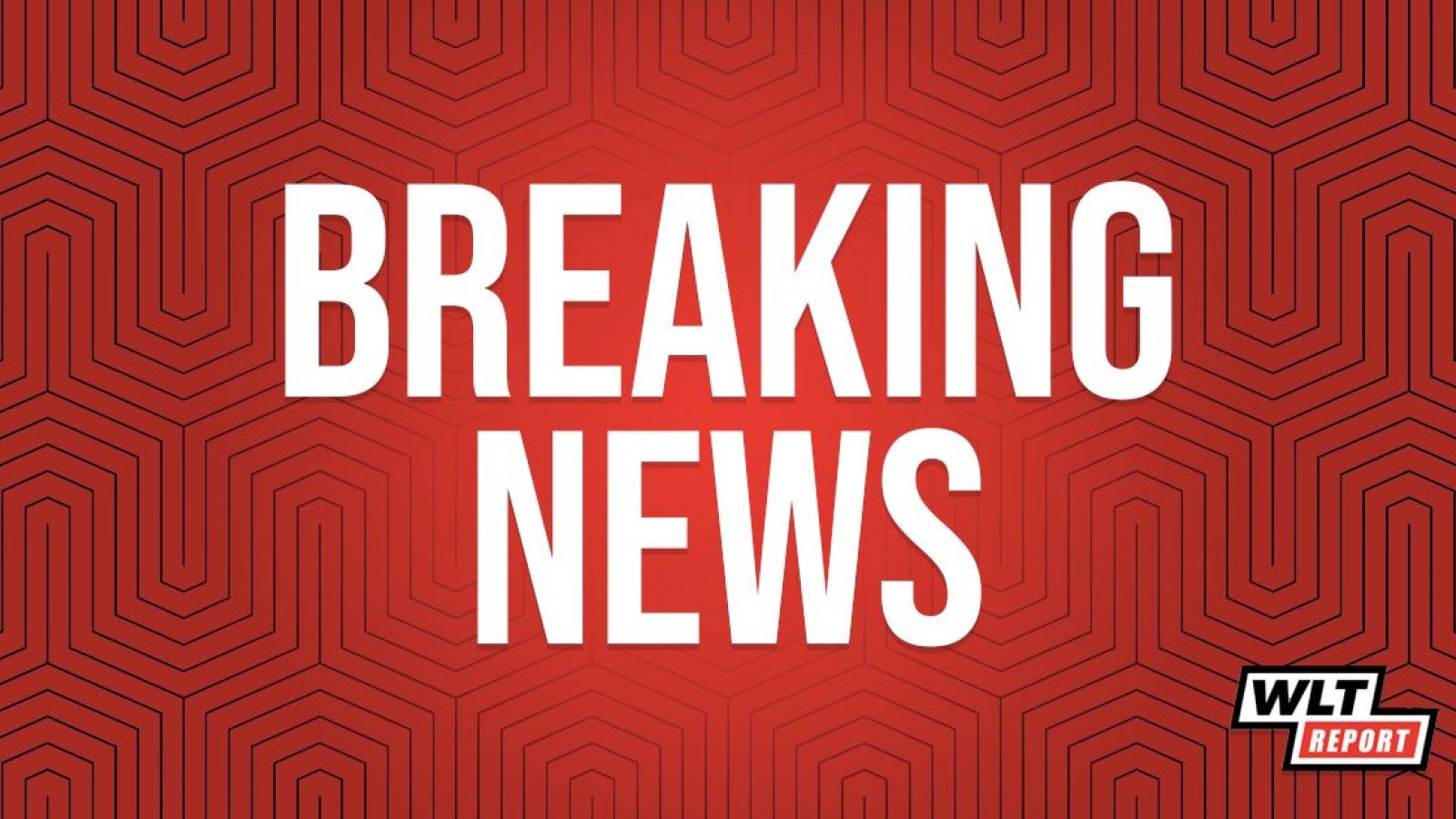Peruvian authorities Saturday declared a 90-day nationwide health emergency due to the “unusual increase” of Guillain-Barré Syndrome (GBS) cases.
GBS, a known vaccine side effect, is a rare autoimmune disease that attacks the human nervous system.
NEW – Peru declares a state of emergency amid a rise in cases of Guillain-Barre syndrome, a rare autoimmune disease that attacks the human nervous system.
— Disclose.tv (@disclosetv) July 10, 2023
“Since June 2023, 182 cases have been reported nationwide, of which 147 have been discharged, 31 remain hospitalized, and four have died,” MercoPress reports.
No surprise here. 13+ Billion COVID-19 gene shots in 5.3+ billion people worldwide likely resulting in “global immune dysfunction” AKA VAIDS and/or vax induced autoimmune induced diseases such as GBS. https://t.co/qNsdotqPAU…
#ABOG #ACOG #SMFM @unbridledmd @DOCBISS… pic.twitter.com/GjptUrB2rc
— James Thorp MD (@jathorpmfm) July 10, 2023
Remember every agency and every authority that told you that it was safe, it was effective, and you need – absolutely need – to make sure your daughter takes it. https://t.co/H2mF358qdB pic.twitter.com/J9giZU4abA
— Jikkyleaks 🐭 (@Jikkyleaks) July 10, 2023
From MercoPress:
As per President Dina Booluarte’s decree, some US$ 3.27 million will be allocated to improving patient care, reinforcing control on the number of detections, and drafting reports for the population and health personnel.
ADVERTISEMENTAmong the measures are the acquisition of intravenous immunoglobulin and human albumin, as well as specialized diagnosis of the biological agents associated with the syndrome and air-assisted transport of patients in emergency or critical condition.
According to the document, so far this year at least 18 of the country’s 24 departments and one constitutional province have had at least one case of the syndrome.
The unusual increase of cases of a rare disease in a short period of time “negatively affects the continuity of health services, as there are not enough strategic resources to respond to the volume and complexity of the cases in the different health facilities,” warned the decree published the El Peruano (Official Gazette).
The declaration of emergency was requested last Wednesday by Health Minister César Vásquez, who considered that “if the number of cases increases, there could be a lack of immunoglobulin.”
Peru had issued an epidemiological alert on June 27, to intensify surveillance, prevention, and response actions in the event of possible cases.
“Peru was pretty strict. Proof of shots was needed to enter indoor spaces and for some travel. Their vaccination rate is almost 85%,” said Twitter user Nashville Angela.
Peru was pretty strict. Proof of shots was needed to enter indoor spaces and for some travel. Their vaccination rate is almost 85%. https://t.co/mNdLzIQN4Fhttps://t.co/rG98XaRdzA https://t.co/yrbxIYhssC
— Nashville Angela (@angelanashtn) July 10, 2023
According to LimaEasy, COVID-19 regulations weren’t lifted in Peru until October 2022.
After over two years of strict Covid regulations to enter and move around Peru, finally at the beginning of October 2022 the Corona rules were significantly eased, making traveling to and in Peru not only simpler but also more relaxed again. And yesterday, October 26, 2022, we were all surprised to hear that finally the state of emergency is lifted.
Today, October 27, 2022, it was made official with the publication of the Supreme Decree 130-2022-PCM in Peru’s official gazette El Peruano that starting November 1, 2022, the State of Emergency in Peru is finally lifted and all (!!!) Covid entry requirements as well as all other regulations, and restrictions that were in place to avoid the spreading of Covid are repealed.
ADVERTISEMENTSo, no more proof of a vaccination certificate or negative PCR test (even though the public is encouraged to get vaccinated), no more masks anywhere (even though the public is encouraged to wear one) and no more national provisions of any kind.
However, on ministerial level prevention and control measures to stop the spread of Covid remain in place and, if and where necessary, the Peruvian Ministry of Health will publish Ministerial Resolutions stipulating necessary measures.
So, finally, after well over two years, traveling to and in Peru is back to “normal” again.
Multiple studies have associated GBS with COVID-19 inoculations.
A study in the journal JAMA Network Open has found the rate of Guillain–Barré syndrome (GBS) amongst those “vaccinated” with the J&J injection is “significantly higher than the background rate.”
Post: https://t.co/jXD4dYaovR
Study: https://t.co/XYCeI0dpvu pic.twitter.com/6fx6b9gWtd
— Sense Receptor (@SenseReceptor) July 10, 2023
From JAMA Network:
In this cohort study of surveillance data from the Vaccine Safety Datalink that included 15.1 million doses of COVID-19 vaccines, the unadjusted incidence rate of confirmed GBS in the 1 to 21 days after receiving the Ad.26.COV2.S (Janssen) vaccine was 32.4 per 100 000 person-years, which was significantly higher than the background rate of GBS. The unadjusted incidence rate of confirmed GBS in the 1 to 21 days after mRNA vaccines was 1.3 per 100 000 person-years, which did not differ from the background rate.
It’s a known side effect… pic.twitter.com/Yee6t2vZNE
— Nashville Angela (@angelanashtn) July 10, 2023
From the CDC:
Guillain-Barré syndrome (GBS), an immune-mediated polyradiculoneuropathy with a ≈5% mortality rate, has an incidence worldwide of 0.81–1.91 cases/100,000 person-years (1). GBS has been reported to be associated with coronavirus disease (COVID-19) vaccination, but a comprehensive summary regarding this rare adverse event is still lacking. To determine clinical features of GBS associated with COVID-19 vaccination, we conducted hospital-based investigations in Taiwan along with a systematic review of published case reports.



Join the conversation!
Please share your thoughts about this article below. We value your opinions, and would love to see you add to the discussion!